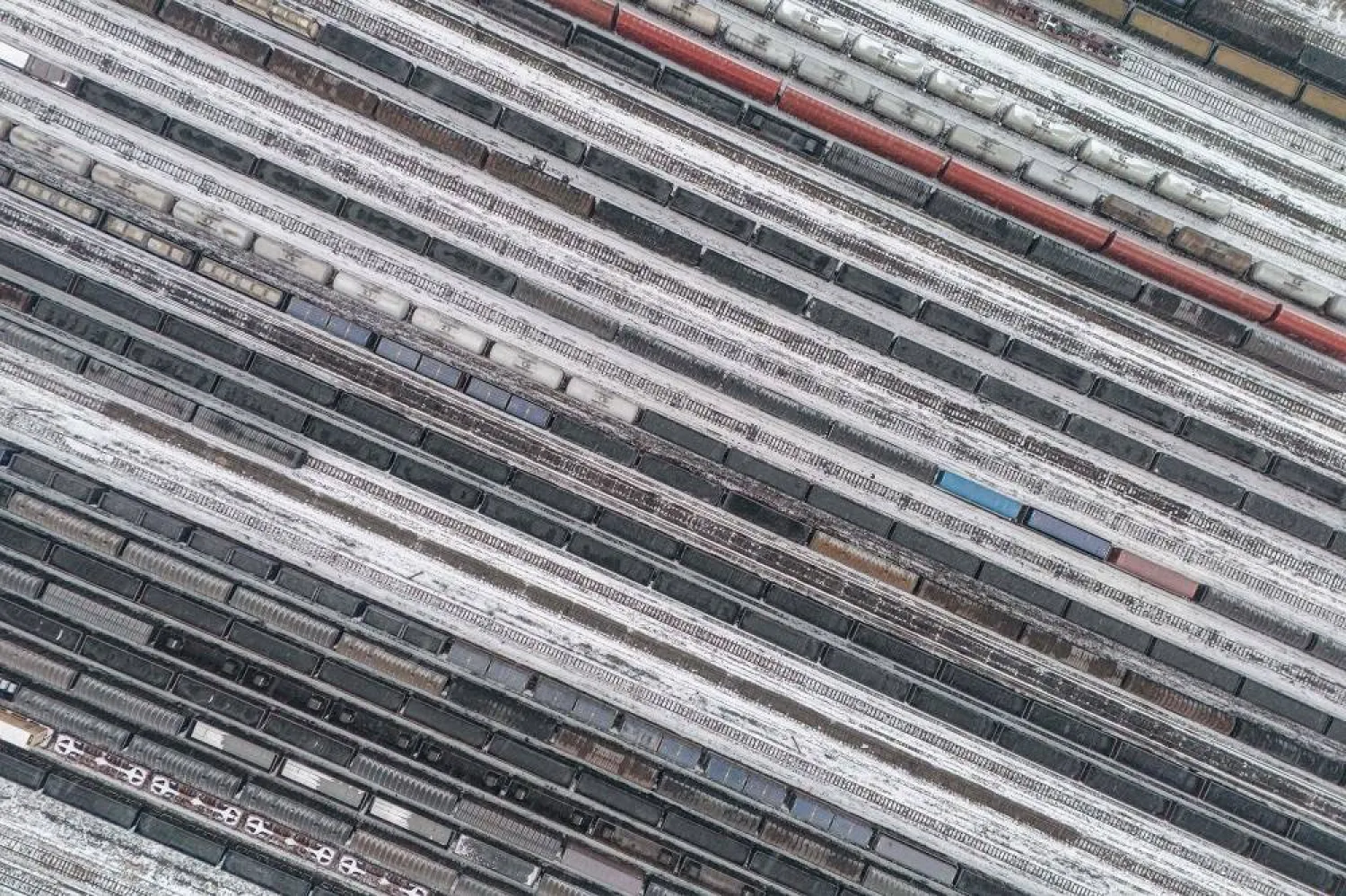Freezing rain, snow and ice have snarled traffic in central and eastern China as billions of people travel home ahead of the Spring Festival holiday in blistering cold weather that has swept through parts of the country over the past week.
Hunan and Hubei provinces have borne the brunt of the severe weather, which worsened over the weekend, slowing highway traffic to a crawl and cancelling hundreds of trains.
The travel disruptions coincide with the biggest mass travel migration in the world as millions flock home to see their families for the Chinese New Year.
Over the past few days, videos across Chinese social media showed images of people stranded on trains and or trapped in cars on snowy highways in several cities, including Jingzhou.
One driver was trapped in a car for three days, business outlet Yicai reported on Monday, and a passenger going to Wuhan was stuck on a train after it lost power supply amid freezing temperatures, social media videos showed.
Hundreds of trains have been delayed or suspended, and throngs of passengers were stranded at railway stations in Wuhan, local media said. Runways at the Tianhe Airport in Wuhan were temporarily closed Tuesday, state media CCTV reported.
Photos from China Meteorological Administration showed bent and broken trees scattered across roads in Hunan, felled by freezing rain. In 10 provinces, about 129 sections of highways were closed, according to Beijing News.
At least two people have died in snow-related accidents. One person in Hubei and another from the southern province of Hunan were killed as awnings in farmers markets collapsed under heavy snow, according to a state media reports.
The severe weather is expected for another few days, according to China National Emergency Broadcasting. Several cities upgraded weather advisories and emergency response plans.
Authorities in Hubei said they aimed to clear out tunnels and bridges, where thick ice has caused choke points.
The province has instructed hundreds of highway toll stations to take traffic control measures, including letting vehicles through for free.
China's Central Meteorological Observatory predicted more rain, snow and freezing weather in the south for the first half of this week, but said conditions would improve starting Thursday.









